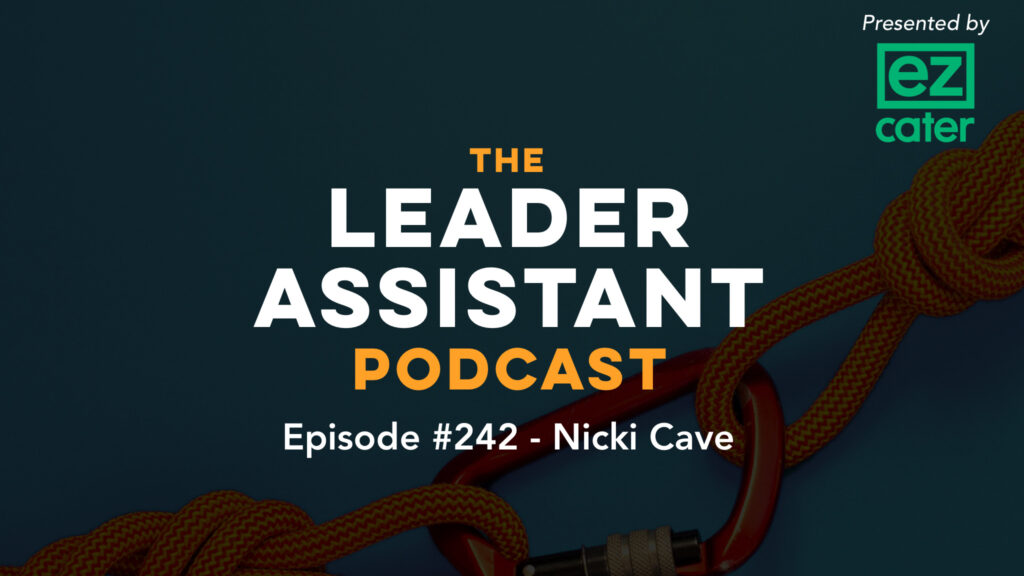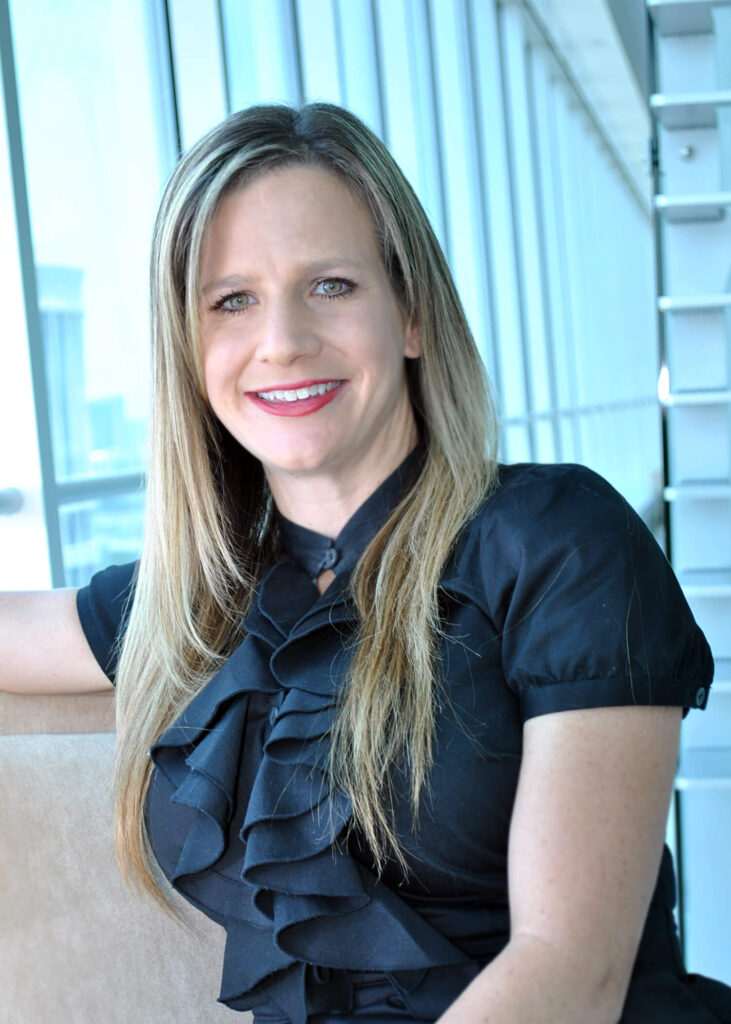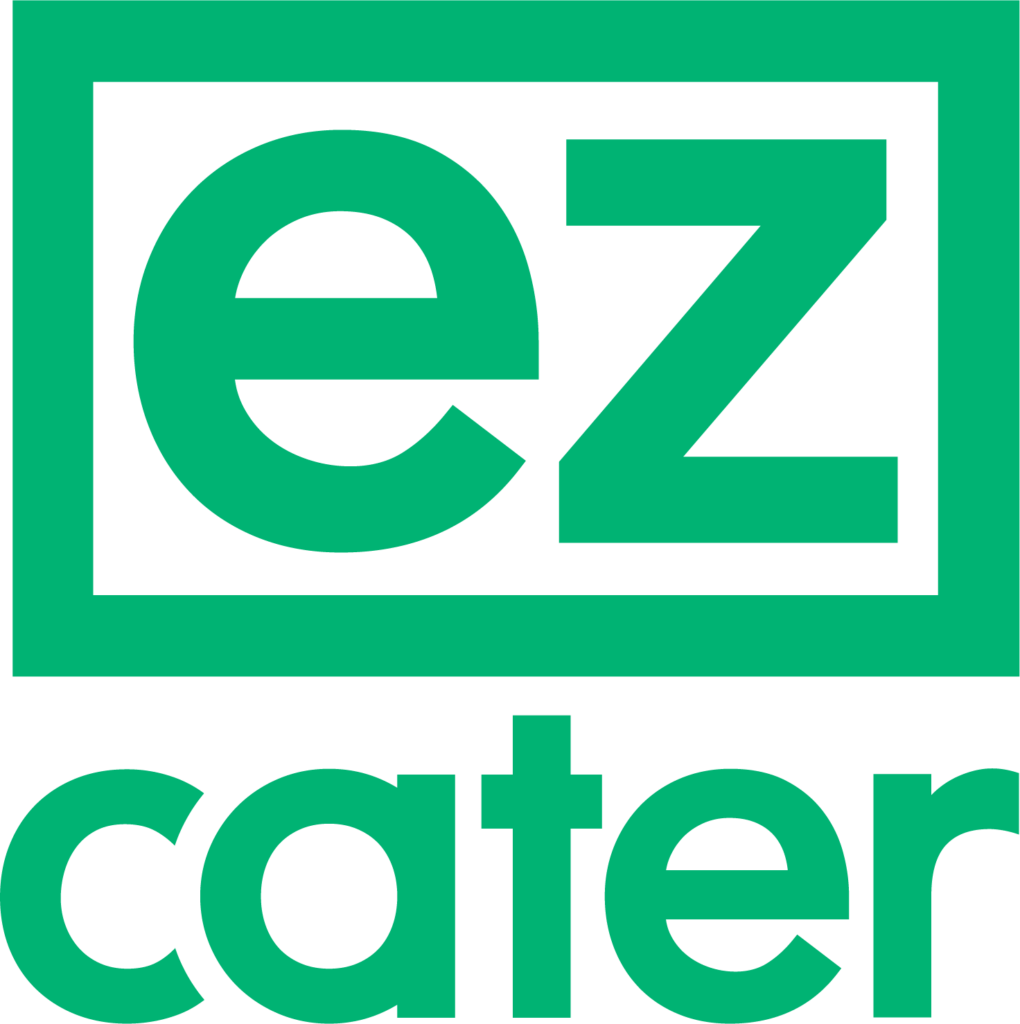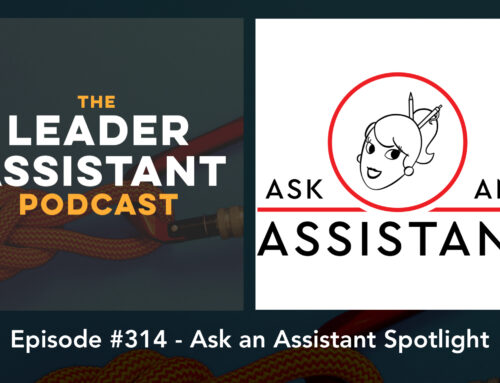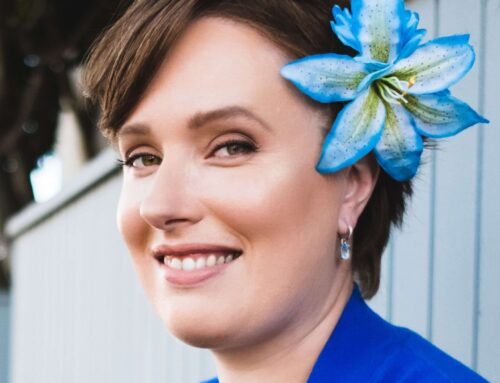Nicki Cave is currently the Administrative Services Director for the Boston Consulting Group’s (BCG) Dallas EA/AA team. She also leads SW Administrative initiatives and partners with the NAMR Administrative Team.
In this episode of The Leader Assistant Podcast, Nicki talks about managing a team of assistants, creating a career development plan, cultivating a team culture, and finding happiness in your role.
LEADERSHIP QUOTE
The greatest leader is not necessarily the one who does the greatest things. He is the one that gets the people to do the greatest things.
– Ronald Reagan
CONNECT WITH NICKI
- Nicki on LinkedIn
- Article Nicki contributed to on BCG’s blog – The Heart of CEO Effectiveness
ABOUT NICKI
Nicki Cave is currently the Administrative Services Director for the Boston Consulting Group’s (BCG) Dallas EA/AA team. She also leads SW Administrative initiatives and partners with the NAMR Administrative Team. Since joining BCG in 1994, she has supported J. Puckett, who founded BCG’s global education practice, for most of her career. While supporting J., Nicki has also provided support to several other key executives and managed various teams within BCG’s South System, including the Visual Services team and the Houston EA/AA team. She mentors, trains, and coaches EA/AAs across the region. Prior to joining BCG, she worked for Morrison Knudsen Engineering and is a proud graduate of Executive Secretarial School.
She has a passion for the EA role and the value it brings to organizations. She is a co-author of The Heart of CEO Effectiveness, which reinforces the value and impact the EA role has within an organization. She’s also written several LinkedIn articles regarding the EA role, running, and team building. Her Boston Marathon 2018 running experience is also captured in the Boston Buddies book alongside many incredible stories from that day.
She has four wonderful children and an amazing husband of over 30 years. In her spare time, she enjoys running marathons. She has successfully completed marathons in Dallas, BCS, United States Air Force, San Antonio, Louisiana 2016 & 2018, Boston 2017 & 2018, and Joplin, and is looking forward to more adventures to come.
–––
THE LEADER ASSISTANT PODCAST IS PRESENTED BY EZCATER
ezCater is the nation’s most trusted provider of corporate food solutions — the best way for companies to order food for daily employee lunches, meetings, and events of any size or budget. ezCater’s simple-to-use platform provides a network of over 100,000 restaurants nationwide, business-grade reliability, food spend management tools, and 24/7 support from their highly trained customer service team.
To explore corporate food solutions or place a catering order, visit ezcater.com.
–––
THE LEADER ASSISTANT PREMIUM MEMBERSHIP
To learn more about how you can join growth-minded Leader Assistants, check out our Leader Assistant Premium Membership for ongoing training, coaching, and community.
THE LEADER ASSISTANT BOOK
Download the first 3 chapters of The Leader Assistant: Four Pillars of Game-Changing Assistant for FREE here or buy it on Amazon and listen to the audiobook on Audible. Also, check out the companion study guide, The Leader Assistant Workbook, to dig deeper.
LEADER ASSISTANT LIVE EVENTS
Check out our constantly updated schedule of events for admins and assistants at LeaderAssistantLive.com.
JOIN THE FREE COMMUNITY
Join the Leader Assistant Global Community for bonus content, job opportunities, and to network with other assistants who are committed to becoming leaders!
SUBSCRIBE
Subscribe to The Leader Assistant Podcast so you don’t miss new episodes!
You can find the show on Apple Podcasts, Spotify, Google Podcasts, Pandora, and Stitcher.
Join my email list here if you want to get an email when a new episode goes live.
LEAVE A REVIEW
If you’re enjoying the podcast, please take 2 minutes to rate and review the show on Apple Podcasts here. Each review helps me stay motivated to keep the show going!
–––
EPISODE TRANSCRIPT
Nicki Cave 0:00
Hi, I’m Nicki Cave and the leadership quote for today is by Ronald Reagan. The greatest leader is not necessarily the one who does the greatest things. He’s the one that gets the people to do the greatest things.
Podcast Intro 0:18
The Leader Assistant Podcast exists to encourage and challenge assistants to become confident game changing leader assistants
Jeremy Burrows 0:34
are you tasked with ordering food for your office? Let me tell you about ezCater with over 100,000 restaurants to choose from nationwide and 24/7 customer support. EzCater helps assistants like you and me succeed at work and makes our lives easier. Visit ezcater.com/leaderassistant to find out more. Hey friends, welcome to The Leader Assistant Podcast. It’s your host Jeremy Burrows. I’m very excited to be speaking with Nicki Cave today. Nicki is currently the Administrative Services Director for the Boston Consulting group’s Dallas EA team. EA/AA team. And this is episode 242. You can check out the show notes at leaderassistant.com/242 Leaderassistant.com/242. Nicki, welcome to the show.
Nicki Cave 1:30
Great. I’m excited to be here. Thanks for having me.
Jeremy Burrows 1:33
And you’re in Texas. Is that right? What part of Texas?
Nicki Cave 1:37
Yes, I’m in Dallas. I actually live in facce, which is kind of like right outside of Dallas.
Jeremy Burrows 1:43
Nice, nice energy from that area.
Nicki Cave 1:47
Basically from high school to now. Yes, I would say yes.
Jeremy Burrows 1:53
Cool. Well, let’s, let’s jump right in, then the first thing I’m gonna ask you is, is a super difficult question. What’s your favorite thing to do when you’re not at work?
Nicki Cave 2:07
Though I would say spend time with my family, for sure. So I have four children 2723 21 and 12 year old boy. And I’ve been married for almost 30 years. And we have two dogs and two grand dogs. So we were a dog family. And then outside of that keep my sanity with working full time and four kids and who were who were all in sports at one time. I like to do running. I’ve ran like maybe 10 marathons or so. But my husband’s a runner, we both kind of fight for who’s going out for a run. That’s kind of how I had how I started running was when our kids were little we were both like I’m going for a run now. I’m going to run so then that’s how I started.
Jeremy Burrows 3:01
So what’s your What was your favorite marathon?
Nicki Cave 3:04
So I would say, you know, that’s a hard question. Because they’re all a little bit different. But I chopped I did Joplin marathon and that’s where they it’s like a fundraiser for there’s an f5 tornado that went through there. So the last mile has a banners up of everyone’s name to pass away. So it’s very emotional finish. And marathons are emotional anyway, when you kind of run all that time and you get to the end 15 That and the impact of that was pretty amazing.
Jeremy Burrows 3:43
Well, it’s actually we so you know, I live in Kansas City. So Joplin, at the time I actually lived in St. Louis. But the when the Joplin tornado hit, but my wife and I and a group from our church went down and did a bunch of cleanup. After the after, after the tornado hit and that was cool. That was just I was just, yeah, it’s it’s tough to describe the aftermath of such a. Such a crazy, huge tornado. But yeah, we tried it. We tried to do as much as we could. Yeah, I can see why it would be an emotional end to the run.
Nicki Cave 4:25
Yeah. And just that just the feelings and the just the people there and the community and all of that was amazing, too.
Jeremy Burrows 4:33
Yeah. Awesome. So what happened in your early career that led you to the assistant role?
Nicki Cave 4:48
Yeah, so after I graduated, I had planned to go to college. I actually at graduation, when they put like the sash around you, I I was like, top 10% of my class, which I had no idea. And I think it surprised my family when I walked out. It surprised me. But I basically I. And I guess the other thing that was surprising about that one in high school like right before graduation, they announced like, half the class wasn’t gonna pass unless they got their grades up. So that’s probably how I got into top 10% of my class, but so then I was planning to go to college. And actually, I played basketball. So it’s thinking going into like a small college wasn’t going to get a scholarship or anything like that. But someone had talked, came to our school and talked about executive secretarial school, and it was a trade school and it’s like, well, maybe I’ll, you know, those skills would be great going into college. And so I could do that first and then go into college. So I did that. And then they had a great placement program. It was like a year long program. And they put me into Morrison Knutson engineering. And so I started as an assistant there, and my mom was actually an executive assistant. And so I was like, she had a great career, and loved it. So I was like, Okay, I’m gonna try this. And in the back of my mind, I always thought, well, I can go back to college if I needed to do that. And then when I was at Morrison, Knutson, I had a placement agency call me in there, like, there’s probably after two years, I was there. And they’re like, Hey, we’ve got this role that came up at the Boston Consulting Group, we found your resume that fell behind a filing cabinet as filing cabinets back then. And I was like, I said, No, I’m not interested. I love where I’m at. And they’re like, it’s three weeks vacation. It’s higher pay. Sorry, saying and I was like, Okay, well, I think I can look at it. So I When interviewed, I don’t. So that’s how it brought me to BCG, when I was about 20 years old, and I have kind of grown up at BCG ever since.
Jeremy Burrows 6:59
Wow, that’s crazy. So you, there’s not really a lot of trade schools for assistance anymore. Really. I mean, there’s, there’s some, you know, quote unquote, normal colleges that have, you know, admin tracks. But that’s, it’s actually pretty an interesting thing. Because in my mind, I’m like, it actually could be helpful to have some sort of onboarding process for that, for our role, to give us hands on experience, like my wife worked in construction, and she was on the track to be a superintendent. And she wanted to be sure to get hands on experience on the job experience before she became a superintendent. So she basically demoted herself and became a carpenter apprentice, and went into the field and learn the trade. And that’s, that’s kind of like, there’s, there’s not really a lot of opportunities to do that as an assistant other than just going and getting an assistant job and getting on the job training.
Nicki Cave 8:11
Yeah, I think, I think there’s so much value in that if there was a trade school like I would actually, I think we need to promote more trade schools, along with college like even for my kids, as I think about them, and, and, you know, call it, not everybody has to go to college. But I’m very passionate about the admin profession. And as an FYI, hire EA, you know, I know a lot of companies are requiring a bachelor’s degree. Some don’t. We say strongly encouraged, I actually think, you know, hiring the right person with the right job capabilities, and that they can learn and pick up I would much rather train somebody coming in that has the right attitude that can grow into the role. I think it’s, if that’s your job, where someone can come in entry level and grow their career into it.
Jeremy Burrows 9:17
Yeah. Totally agree. Awesome. Well, so let’s let’s jump in then to your current role. And, you know, you manage a team, how big is the team you manage? And how did you decide that you wanted to manage a team or did you decide to they just throw it at you like, how did that progression go? I know a lot of assistants listening, maybe aspire to lead a team of assistants at their company someday. Tell us a little bit about your story through that journey.
Nicki Cave 9:49
Yeah, so I started supporting Jay Puckett when he was at a manager level. And then he kind of grew his career with BCG. So I stayed with him through that, where he then became the ol office leader of Dallas, he then led our Texas office. And so I kind of grew with him. So I love that side of it, I’d love to support role. So I think it was great that I could actually learn the job. And he was great at teaching me to, he would share the whys behind everything and share the business aspect. And he would tell me, like, he would share the impact of my decisions, which really had me think about, okay, I don’t need to do that again. But here’s the reason why. And this is the cause of that. And so that working with him and him, you know, just coaching me through my career really set me up for success to when the opportunity did come up. And at BCG, it’s an I think this isn’t a lot of roles, you kind of you have to do the role before they actually give you the role. So I, I kind of stepped up as the leader within the team, we had some, a lot of team changes and turnover. And it was an opportune time to kind of get the team together and say, like, what do we want our brand to be with our MDPs? And with our executive team, like what do we want our team to look like? And so, so I gotten the team together, and we kind of talked about that. And then we talked about like, okay, so what trainings do we need to put into place? What do we need to do to actually achieve this goal. And so then we started doing trainings and, and so I kind of stepped up in that role and started doing it. And then BCG recognized me for it and then gave me the title. And then I just continued to grow after that. But BCG has been a great place for me to say, Hey, I see this opportunity. Can I go for it like we had a an opportunity I’ve managed our Houston team at went at one time, I managed about 40 people because I manage our Houston ei team as well. But I saw a need in there where they didn’t have a leader there. Their manager had just left. And so I went to my manager, and I knew I could help that team with different trainings and some different things. So I said, Hey, you know, I would love this opportunity to go down there and help this team. And here are my ideas. And I laid out kind of the plan. And and they were like, yeah, that’d be great. And so nice. Yeah.
Jeremy Burrows 12:31
So what’s the structure? Is it a dotted line to you? Or is it a, you know, do you actually supervise directly the the assistants? Or how does it work?
Nicki Cave 12:44
Yeah, so which I think is great structure at BCG, as to where the admin team reports in to me versus into their executives, because I think they’ve got an ally and an advocate and somebody who understands the business side of it, but also the admin side of it. So I understand, like, what our struggles are on this side, so where if I get feedback from an MDP, that says, X, Y, and Z isn’t happening, I have the background of why that may not be happening. And maybe there’s something they can be doing on their end, to kind of help facilitate, to be able to bring things to closure. But I also have a couple of managers on my team, that report to me that also manage some of you guys on my team too. So we kind of
Jeremy Burrows 13:38
great and remind me again, how many total are on your team right now?
Nicki Cave 13:43
Probably about like 2526. Changes.
Jeremy Burrows 13:48
Yeah. Cool. So what are the maybe what’s what’s the Career Development Plan for the team? And, you know, somebody comes to you and says, Hey, I’ve been doing this for a couple years. What’s next for me? You know, what’s, what’s the process for that?
Nicki Cave 14:12
Yeah, I think there’s a couple of things because I do look at it as like team development, and then individual developments. So like, each year, I’ve got a different team, like we could have turned specially with COVID. We had a lot of turnover, a lot of changes within the team. So what I like to do is like January, we get the team together, and we talk about like, what is working well as a team, and what are things that we need to improve on? And from that meeting, I think a lot of teams do that. But I think the differences is the action that you take after that meeting to make sure that valuable input and I think creating buy in with the team and making sure the team feels like their voices are heard of like these issues. As are going on are, we’re doing really good here. And even if you have a voice, but like leadership decides to go into another direction, at least you have that voice, and people are able to hear it, you’re able to have that conversation. So we really try to create that space where people feel like they can speak up. And so we have that. We have that in January. And then we kind of plan our training and our initiatives around that. So whatever comes out of that, depending on what capabilities our team has that the need at that time, we kind of focus our training plan for that year based on that input. And then we also plan like our affiliation plan, like how much the team is wanting to do, and different things like that. So that’s one thing we do, I think, individually. I do think there’s a clear, Lisa, BCG, there’s a clear path. And I think this is transferable across other organizations, too. There’s basically the entry level role. And I think, for me, it’s matching, we could have like a senior MVP, that’s utilizing their assistant as an entry level admin assistant. And so it’s like, knowing what the executives need and how they utilize. Because you could also have an M DSP, who’s utilizing their system, their system as a chief of staff. And so that much difference and so knowing. So I think like if, if looking at development for the team is looking at, like where they are in their career, and how can I match them with somebody who’s gonna give them that growth opportunity, and set them up for success. So like, if I have somebody who is an entry level, maybe they’re two years at BCG, and so it’s more like they’re not entry level, but they’re not chief of staff level yet. And they’re, they’re learning the role, I can’t pair them with a senior MVP, who’s going to be looking for chief of staff, because that’s going to set them up for failure for what they’re expecting. So I want to make sure to match them with the person that they the MVP knows, hey, this person is a senior admin assistant. So that means they’re great at attention to detail the task of the job, they’ve mastered that, but they’re starting to learn the business, they’re starting to learn how to be proactive, they’re starting to work ahead, then the MVP knows that they are, they know what level of support to expect. And so they’re not going to expect that admin to be an EA to where the EA level would be. You’re proactively working ahead, you’re anticipating things that are going to come up and be able to work ahead of the MDP. So I think making that match and making sure that expectations clear to their key stakeholders important for their success.
Jeremy Burrows 18:07
Wow, that sounds awesome. So what how do you keep your team so you’ve got this development plans, you try to match them up appropriately? Based on their skill set and their level? What’s been we’re going to talk a little bit about finding happiness in the role like how do you keep your team happy? But before we jump into that part, because that’s related to this, this other question I want to ask, but what’s your number one tip for maybe even logistically managing a team? So we’ll talk about keeping them happy? And how, you know, how do you keep your team happy? But logistically, like that’s a lot of people, what’s your number one, two
Speaker 1 18:47
processes? So I think, especially with that’s the other thing we do at the first of the year, we kind of evaluate our processes and say, what’s working, what’s not working, but with that large of a team? Well, one is setting expectations. Like I think that’s very important that everybody knows, like, what the expectations are of the role like, even like turnaround time. So what is the team’s expectation? If you’re sending something out, and you’re working with your peers, like what is the making sure, the whole team is aligned up, here’s our team’s expectations. And then here are our team’s processes. And so like with backups, we have a very detailed backup process. We’ve got just working team norms of like, if you’re working remotely or if you’re, you know, on location or different things like that, and just making sure those are, everyone’s on. It’s very transparent, and everybody’s aware of that.
Jeremy Burrows 19:57
Love it. Cool. Well, let’s get to let’s go Get into finding happiness in the role. What is your process and strategy and vision for keeping your team happy?
Speaker 1 20:11
Yeah, and that I mean, that’s kind of how I measure our team’s success is asking that question like, Is my team happy? If they’re happy, that means they, we’ve covered these five areas of things. I know, everything’s kind of running smoothly. So one thing is every kind of discovering their purpose and understanding the why, why are they here in the role and when I think about like that, for me, when I started, like work life balance is really important to me at my home, and just my career. And so when I think about that in the executive support role in supporting my MDP, like, I want to make sure he’s got a good balance of Kenny work out, is he been successful in his career goals? Is he’s been easy there for his his championship baseball game, is he able to, like I’m making an impact in somebody’s life, but being able to balance all of these things. And also being that voice of like, is this business meeting more important than your kids championship game, you’re not gonna remember this meeting is not that important, but your kids gonna remember you’re gonna miss that game. So that was kind of my why is trying to make a difference and family’s life and, and in career and making an impact in for BCG as well. But so I I kind of I have my team kind of think about to like, what is their why and like, for some other people, it could be like some of my team members like, affiliation is really important, making people feel welcome. And so they’re really good about like, when we have people join new teams, like they’re like making sure they have all of the information. And so like, we have a lot of case teams with different projects that we have. And so when someone joins that team, they make sure they have all of the information and they feel included. And they make sure that manager knows, like, Here are these milestones that we should celebrate for people, and that drives them and makes them feel good. And so trying to figure out, like, what are the things that you enjoy and drive you about the roll. And I think that’s and I talked about kind of my running earlier, and we kind of talked about Joplin, that marathon and that was one of the marathons where I was trying to Boston qualify. And I was I started the race, and I have my friend there with me. And so that was my goal to to qualify for Boston, because my husband was trying to qualify as well. And I didn’t want him to get there and may not get there. So it was. So my friend and I sent my friend kind of held me back. So I didn’t go out too fast. And it was a very hilly course, I don’t know if you know that about that. But it was very hilly course. And then, so I was going about like the last two miles, and I was on course, and I didn’t want to mess up my pee, I was going to be up, I wasn’t going to PR, but I was going to reach my Boston qualifying time. And so it’s that last two miles. If I stopped, I was gonna blow the whole thing up. But I was out there. And I was like, why am I doing this to myself? Why am I here? This is miserable. And so those last two miles, I had to go back to that why have you know I am here because I don’t want my husband to be running Boston, and I’m not there. And I am here because of a tragedy that happened. And we are here supporting these people that passed away. And then like going through, like that last mile too, and seeing the seeing the banners and the names and all of that and kind of pulling that why? And so I think about that when you think about your career. And we all have ups and downs in our careers. And it’s kind of when you’re at that down is like why am I here? And what is going to kind of pull you through to make you realize, okay, yes, I am here because this is important to me. And this. This career is important to me, and I’m here to help, you know, make a difference in an impact in this. So I think that just it kind of helps helps people with motivation to be right.
Jeremy Burrows 24:41
Awesome. Yeah. Any other any other tips on finding happiness? And keeping Yeah, happy?
Nicki Cave 24:47
Yeah, I think that other things at least, I think maximizing people’s capabilities, as well as growing capabilities. So making sure like, whatever their strengths are that we’re Max My thing knows, and that’s kind of like, well, I thrive off of chaos, I have like four kids and trying to juggle everything. And so I was matched with an MDP, who was also thrived off of chaos. I think he’d study for exams the night before, and like he does everything last minute. And I actually love that. So like, when we read like, back in the day, when when you would print stuff, you know, we will be printing stuff, and I was like, go down to your car or bring it down to you. And so I like, I’d love that. But there’s other EAS I work with who hate that, like they could not like that would drive them crazy, and it would be miserable. In them more the planner, they like to plan like, way, two months ahead. And the MDP I was with like, we were like, everything’s going to change, let’s just wait. So I match people based on like, where their preferences and strengths are with the MDP is that kind of align with that, because your that creates happiness of you know, you don’t want to be in a place where you’re stressed out all the time, or bored. Like I would be bored if I was matched with someone who was a planner, and wanted me to plan ahead, you know, two months at a time. So trying to match that. And then also, I think like growing your capabilities that my team can look back, you know, at review time every year, if they can look back and say, Wow, look how much I’ve grown this past year and look at the things that I’ve done. That is really one of my goals for them too. And again, that goes back to making sure I’m pairing them with the right person who’s going to allow them that growth no matter where they are within their career. And so I think those two things. And then I think the other piece is creating impact, like making sure people understand what that end result is that they’re working with. So like, in the consulting world, we have case team projects. And so really being able to be part of those teams and see the client work that we’re working on, and where their work is going. And the impact to that I think is very rewarding. And so I want to make sure my teams have that as well. And then I think the last piece is just feeling appreciated. Because I think that the validation of what we do does matter. And the teams that we work with, show appreciate in our executives. There’s some executive to that. We feel like we’re spinning our wheels. We’re rescheduling we’re rebooking travel, we’re doing things all day long. And, and I know they don’t know half of the things we do to make one small thing had been, but if they just said thank you, or showed some appreciation, like in that the piece, I think when I supported an MVP is when Jay would say, Wow, thanks for doing that. That was good. I was like, Oh my gosh, that makes me feel really good. So I tried to make sure our executives are showing, because I know they’re so appreciative. But they just don’t take some time to just to say it.
Jeremy Burrows 28:14
Yeah, that makes sense. Awesome. Well, Nicki sounds like you have a great, great team and a great process in place and mission in place. What’s what’s maybe the and I appreciate you sharing some of that the inside scoop to how you lead that team. But what’s maybe one thing you want to leave folks with today, whether they’re a part of a team, or they’re like me, where they’re maybe the only assistant at their company. What’s one thing you want to say to the assistants of the world?
Nicki Cave 28:48
I, I would want people to know, like, feel pride in our role and what we do and the impact that it does have. And I think the most valuable thing for an organization is the executives time and energy. And that’s what we do is we come in and we give them that. And I think the value that creates and the impact that creates for the organization is irreplaceable. So I think that we want to make sure I just want people to feel pride in what we do and know the value that it creates.
Jeremy Burrows 29:31
Well said perfect. Well is that is it. Okay, if people reach out to you on LinkedIn, if I share your link in the show notes and say hi, yeah, I love that.
Nicki Cave 29:39
I love. I’d love to write LinkedIn articles. So I have a few of those out there on what we talked about today. And I just I just posted another one about executive tips that giving their EAS feedback. So that’s out there as well.
Jeremy Burrows 29:56
Love it. Love it. Well, I will share your LinkedIn in the shownotes, at leaderassistant.com/242, LEADERassistant.com/242. For those listening, be sure to reach out and say hi to Nicki and check out her articles on LinkedIn as well. Nicki, thank you so much for being on the show. Best of luck to you and your team at home and your team at work. I’m one of four as four of three siblings one four however you say that large family and we’re all pretty, fairly close in age too. So it’s a fun time. So there’s a team at home and a team at work.
Nicki Cave 30:35
Yes, awesome. Well, thanks for having me. I’ve enjoyed it. You’re welcome
Unknown Speaker 30:49
please review on Apple podcasts.
Unknown Speaker 30:59
Goburrows.com

